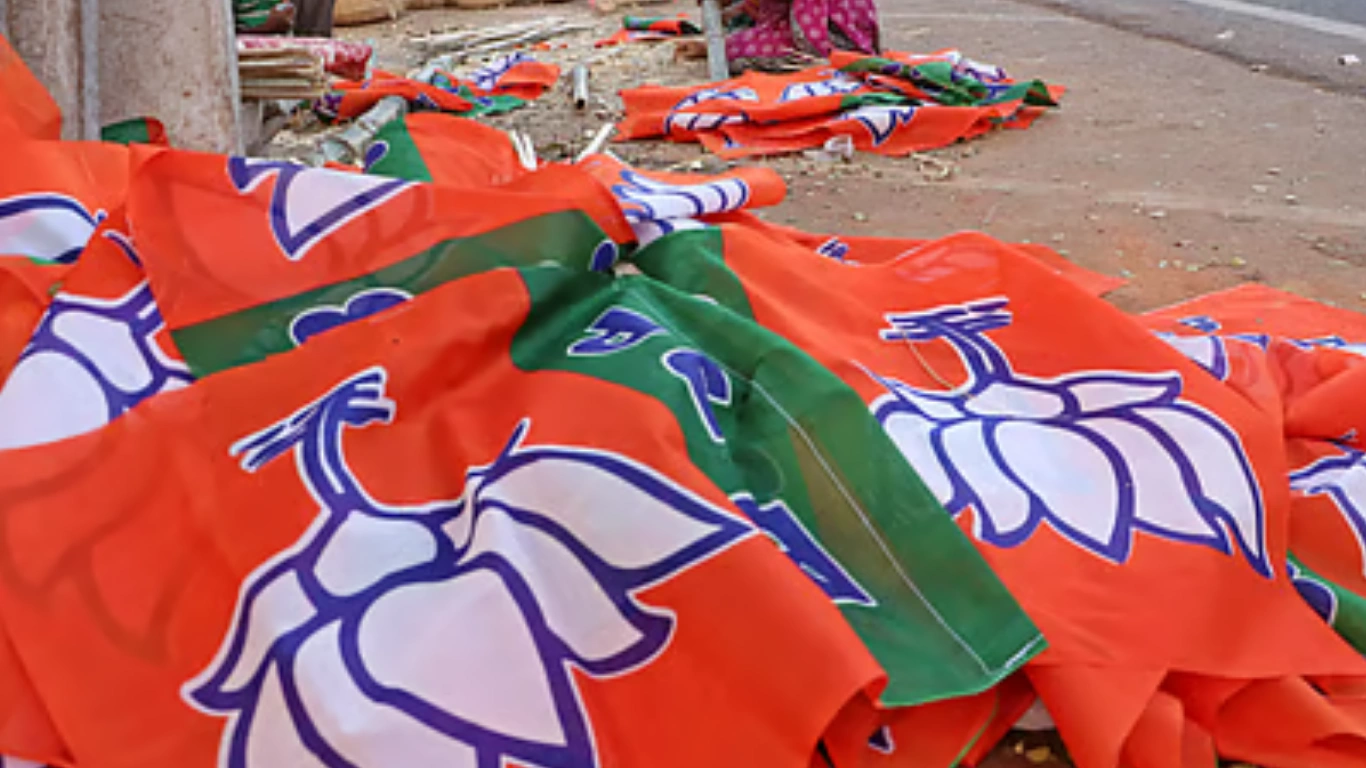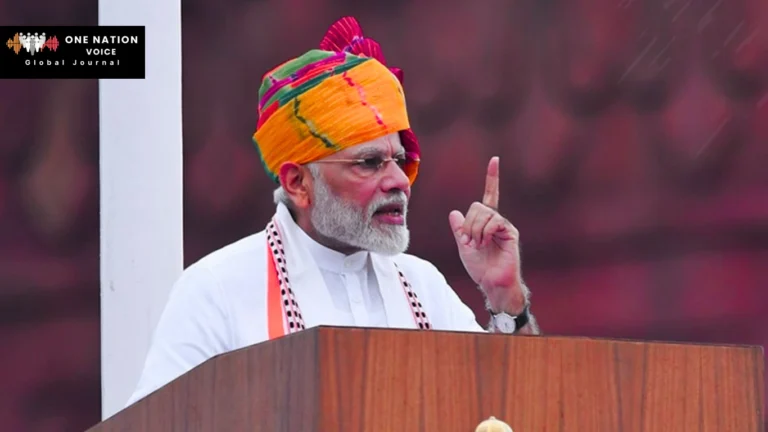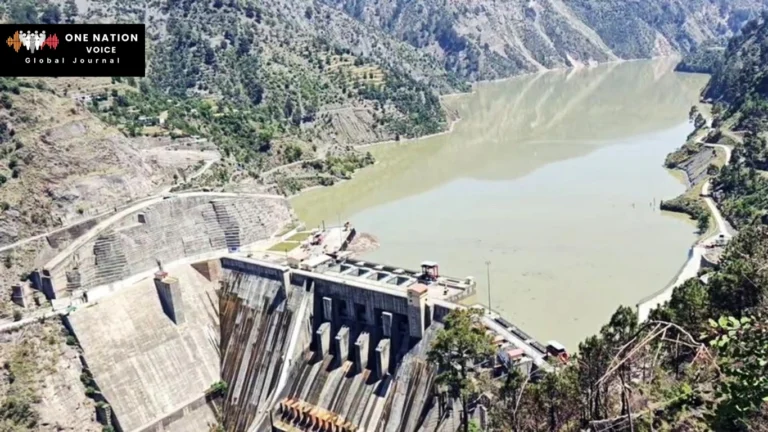BJP’s Waning Credibility

Downfall of BJP in Indian region
Bihar Could Be the Tipping Point
It is hard to believe how fast the BJP’s aura of invincibility has faded. For years, it looked as an untouchable political machine that could win anywhere, no matter the odds. But from Kashmir to Bengal, and now with Bihar on the horizon, the mood feels different. Thus, people are angry, more skeptical, and are less afraid to show it.
Let us start with what happened in North Bengal a few days ago. In Jalpaiguri’s Nagrakata, BJP MP Khagen Murmu and MLA Shankar Ghosh went to meet flood affected residents. This visit did not go well. The locals, already furious over years of neglect, turned against them. Besides, roads were blocked, slogans filled the air, and soon the scene turned violent. Resultantly, Murmu was badly injured, and Ghosh escaped with minor wounds. Videos of the chaos spread like wildfire. Even the police could not calm things down.

Initially, BJP leaders quickly blamed Mamata Banerjee’s Trinamool Congress, saying it was a “TMC conspiracy.” They accused her of partying in Kolkata, while North Bengal was drowning. However, that line of defense is not convincing anymore. This was not just a political clash, but it was a show of public anger boiling over. The “double engine government” slogan sounds hollow, when both the Centre and state engines have stalled.
Moreover, in North Bengal, people once saw the BJP as something new, a party that might actually listen. But now that hope is ended. The fact that Khagen Murmu, a tribal MP, was attacked by the same community he claimed to represent is a manifestation of it. Thus, it is not about party rivalries anymore, but about the trust that has been broken.
Provocation of Article 370 in IOK
Moving forward, this is not limited to Bengal. Across the country, there is a growing sense of exhaustion with the BJP’s style of politics which is loud, divisive, and often detached from everyday reality. In Kashmir, six years after Article 370 was scrapped, the region remains under tight control. Besides, jobs are scarce, land rights have been diluted, and democracy feels like a distant idea.
Moreover, in Ladakh, people who once cheered for Union Territory status are now protesting in the streets, demanding the autonomy they were promised. Also, Manipur is still scarred by ethnic violence, and Delhi’s silence there has not gone unnoticed.
Meanwhile, in the south and the east, including Tamil Nadu, Telangana, Kerala and Bengal, the BJP keeps trying to push its Hindutva narrative, but it is not working.
These are regions with deep regional pride and diverse social fabrics. So, people do not want Delhi to decide who they are, or how they should live.
Similarly, next is Bihar, and this one is going to be big. The state votes in two phases on November 6 and 11, and everyone is watching. Nitish Kumar is still hanging on with the NDA, but the opposition is more united than it has been in years. Tejashwi Yadav’s RJD led alliance has energy, Prashant Kishor’s Jan Suraaj is making noise, and even AAP(Aam Aadmi Party) wants a slice of the pie.
For the BJP, Bihar is a tricky terrain. Its formula of upper caste votes and communal politics does not match Bihar’s social realities. This is a state where caste equations run deep including Yadavs, Kurmis, Koeris, Dalits, Muslims, and most of these groups have drifted away from the BJP. If rising unemployment, price hikes, and frustration over unfulfilled promises are added, then there is the real challenge.
Youth and Their Reaction Towards BJP
Furthermore, the younger generation, seems fed up. They were once Modi’s biggest supporters, drawn in by his promise of development and modern India. But now, many of them are asking questions like where are the jobs? Where is the growth? This means they are less impressed by slogans and temples, and are more interested in education, healthcare, and stability. This shift can be felt. It is the kind that signals a deeper change in how people think about politics.

So, across India, the pattern is becoming clear. The BJP’s brand of politics, which is partly spectacle, and partly controlling, is running out of steam. This is not that everyone has turned against Modi overnight, but the magic is fading for some time now. People are starting to question everything, and are not just cheering. Thus, the anger that erupted in North Bengal is not an isolated event, but is a symptom of the wider fatigue.
The Bihar elections might end up being more than just another state poll. They could become a referendum on a decade of BJP rule. This can be a chance for voters to say, whether they still believe in the “New India” story, or if they have had enough of it.
In a Nutshell
From the icy mountains of Ladakh to the restless plains of Bengal and Bihar, one feeling connects it all. This feeling is about disillusionment. The idea that the BJP cannot be beaten, and it always wins, is fading fast. The tide that once carried it to power seems to be turning the other way.
And if Bihar delivers the kind of result many expect, it will not be just another electoral loss. This will be a wake up call. Hence, it is a reminder that no amount of slogans, spin, or strongman posturing can replace empathy, fairness, and real governance.
The views and opinions expressed in this article are exclusively those of the author and do not reflect the official stance, policies, or perspectives of the Platform.













